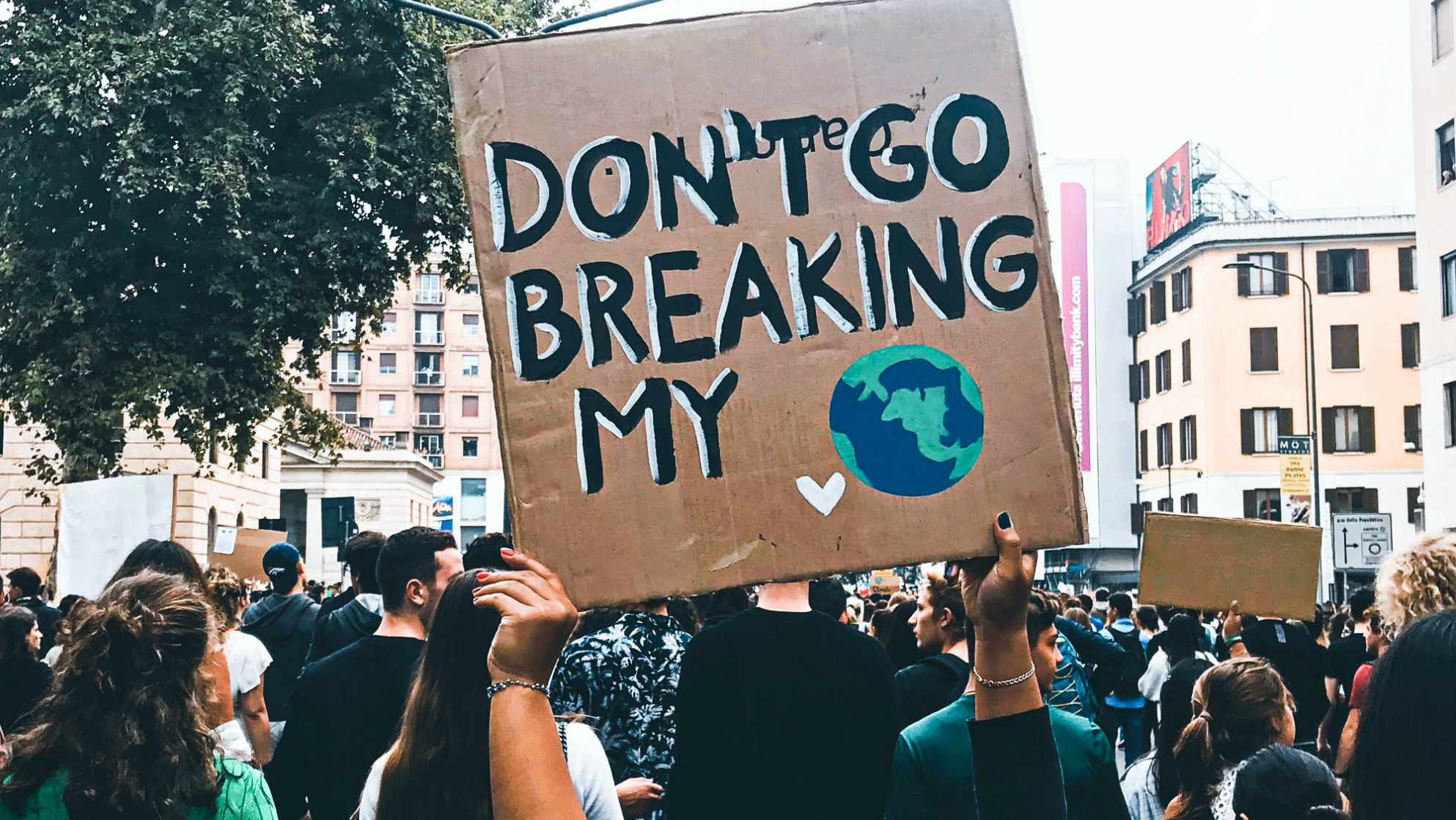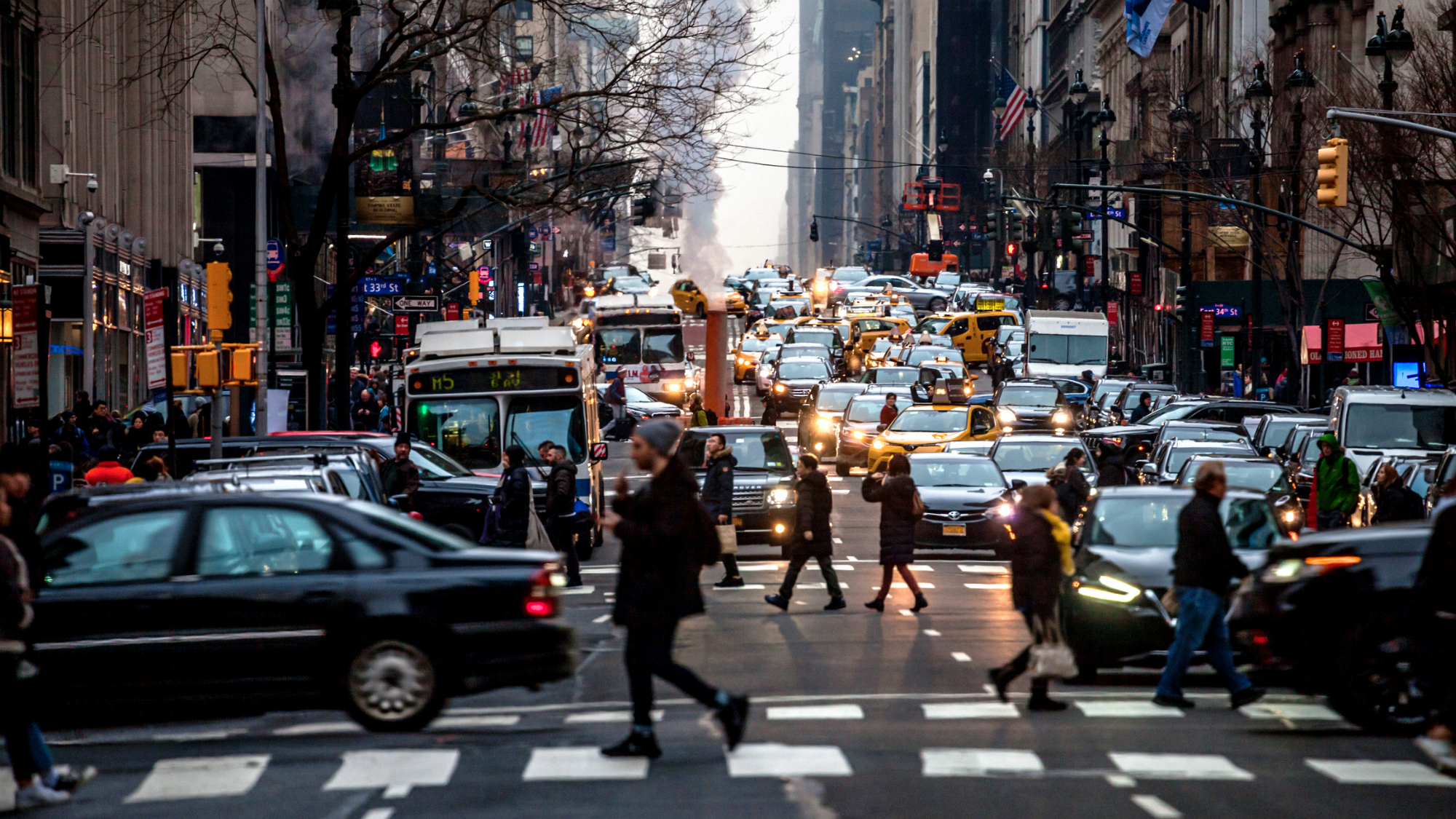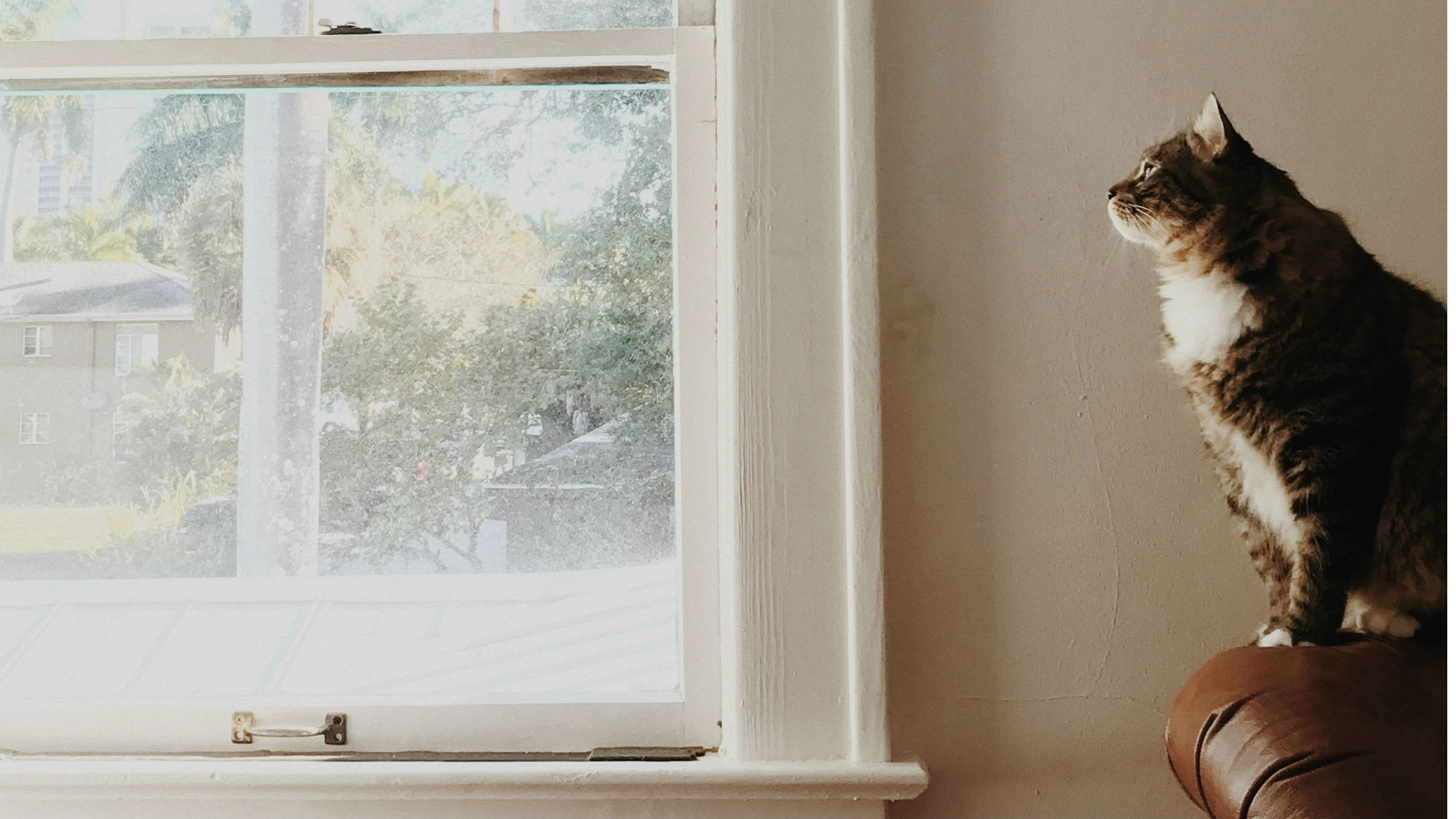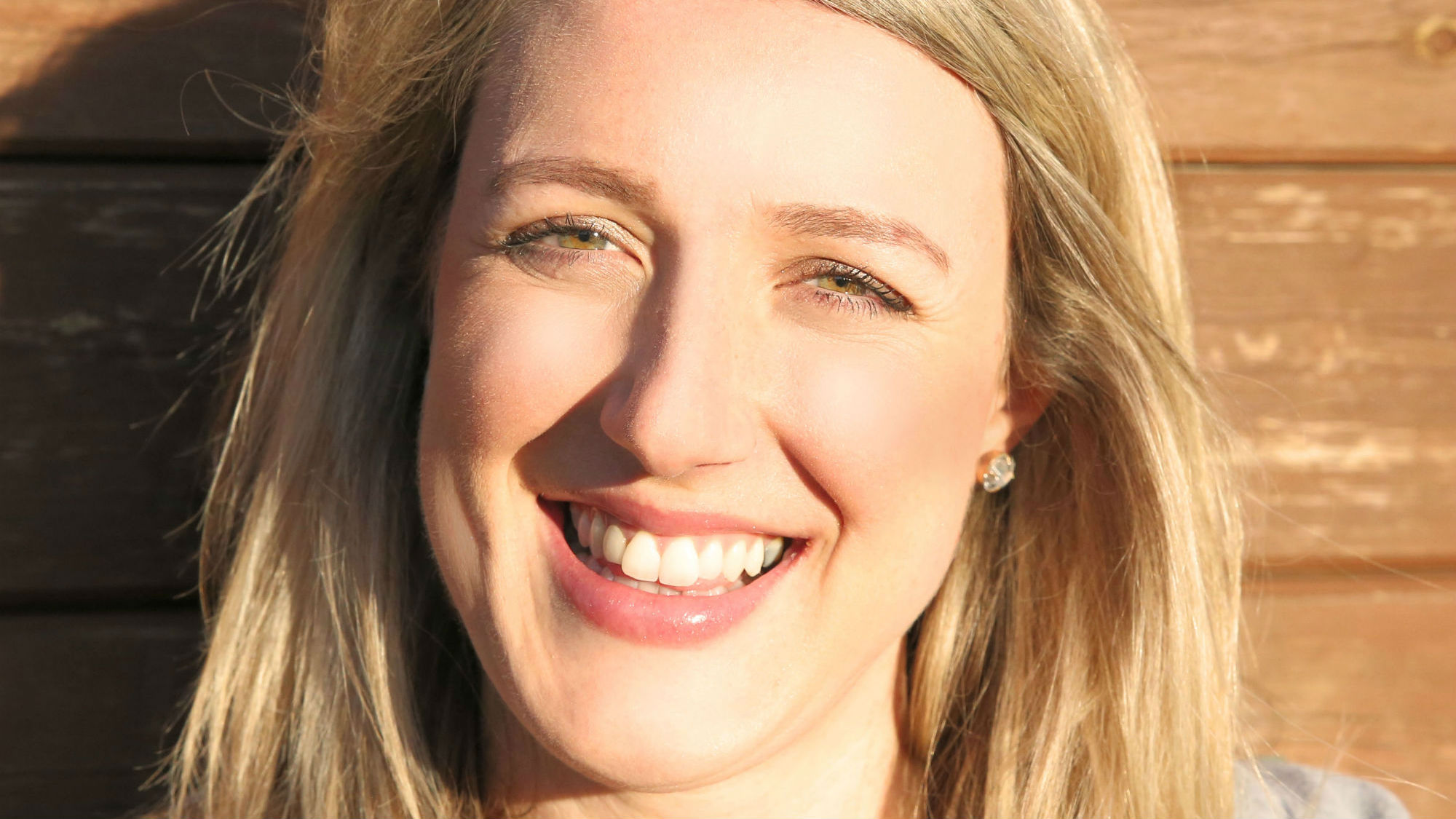Only 6% of us want to return to pre-pandemic times, and it's obvious why
The only way to make a comeback is for it to be stronger, fairer and greener


The only way to make a comeback is for it to be stronger, fairer and greener
'We can't return to normal, because the normal we had was precisely the problem' - spray-painted across a Hong Kong subway stop, this was the message that went viral as the world locked down.
And with a new poll claiming that only 6% of the UK public want to go back to pre-pandemic times, it's also the sentiment with which we'll be leaving lockdown - as the rampant inequalities highlighted by the pandemic have left many of us determined to see big changes in the way society is run.
The survey, carried out by the New Economics Foundation, was released at the launch of its 'Build Back Better' campaign, which is calling for the government to create a 'stronger, fairer and greener' economy after the pandemic.
Backed by 300 leaders from charities, trade unions and community groups, this initiative hopes to drive an economic recovery which will provide more funding for higher-quality public services, tackle inequality, create good jobs and reduce the risk of future pandemics and climate emergencies than we had in pre-pandemic times.
This desire for change comes from a recognition of 49% of those surveyed that the pandemic brought the UK's existing inequalities to the surface.
Let's first take our health and social care services, that have long been neglected by the government. With severe PPE shortages taking place in the peak of our fight against coronavirus, a blinding spotlight was placed on the lack of NHS funding and the need for change.
Marie Claire Newsletter
Celebrity news, beauty, fashion advice, and fascinating features, delivered straight to your inbox!
The pandemic has also finally turned the tide on the treatment of workers within the health and social care trade. Labelled by government officials as 'unskilled' in pre-pandemic times, it was the nurses, carers, cleaners, food producers and supermarket workers who risked their lives to skillfully kill harmful bacteria, feed us and keep us safe while we stayed at home. With a third of key workers earning less than £10 an hour, it's hoped that the enhanced appreciation for these services will be translated through less clapping and higher wages in our post-pandemic era.
Coronavirus has also brought the pervasive presence of racism and discrimination within the UK to the forefront - with BAME people twice as likely to die from Covid-19 than those from white backgrounds. It's a fact that people from ethnic minorities are more likely to work in insecure, low paid jobs and live in overcrowded households, so we've been forced to face up to the fact that these existing inequalities allowed them to be disproportionately impacted by the virus.
With the vivacious energy of the BLM movement creating a wider understanding as to how racism impacts our institutions, there's a heavy expectation for this to ripple through government policy to prevent racial discrimination in a post-covid world.
And we don't just owe more compassion to people in our 'new' way of life, but the earth, too. Way back in pre-pandemic times, pollution and traffic noise were accepted as an inevitable consequence of city living. But after three months of traffic-free roads and plane-free skies, we're re-emerging with a newfound confidence that a return to public life, without such heavy reliance on driving and constant travel, is plausible.
With many airlines and car manufacturing industries relying on rescue packages from the government to get back up and running, it's hoped that this will be balanced with conditions to ensure these companies take action to reduce carbon use in the future. There's also a belief that potential road closures, as are currently being imposed in Germany, will encourage more people to use forms of travel that are both good for them and the planet.

With Boris Johnson set to lay out his vision for a post-lockdown UK tomorrow, Labour party leader Keir Starmer challenged the prime minister on his pledge to send billions on the country's economic recovery, considering the scale of 'inaction and broken promises' in the last 10 years of Conservative power.
Speaking ahead of the prime minister's planned speech on the economic recovery tomorrow, Frances O'Grady, general secretary of the TUC, said: 'We need to build a better and fairer economy as we emerge from this pandemic. It is the very least working families deserve.'
'But this won't happen unless the government acts now to support at-risk industries and prevent mass unemployment. And it won't happen unless ministers commit to giving people dignity and stronger rights at work.'
In this dark and tumultuous time, it’s solidarity and the kindness of others that has seen us through – so we need our new economy to reflect these values.
Niamh McCollum is Features Assistant at Marie Claire UK, and specialises in entertainment, female empowerment, mental health, social development and careers. Tackling both news and features, she's covered everything from the rise of feminist audio porn platforms to the latest campaigns protecting human rights.
Niamh has also contributed to our Women Who Win series by interviewing ridiculously inspiring females, including forensic scientist Ruth Morgan, Labour MP Stella Creasy and ITV’s former Home Affairs Editor Jennifer Nadel.
Niamh studied Law in Trinity College Dublin. It was after enrolling in a Law & Literature class on her year abroad in Toronto that her love of writing was reignited. In no particular order, her big likes are Caleb Followill, hoops, red wine, sea swimming, shakshuka and long train journeys.
-
 Living in lockdown has taught us many memorable lessons
Living in lockdown has taught us many memorable lessonsAs we start to re-enter society, Olivia Adams pens her hopes for the future – plus what she’d like to leave behind
By Olivia Adams
-
 A teacher on the frontline: 'wellbeing - not education - will be our focus post pandemic'
A teacher on the frontline: 'wellbeing - not education - will be our focus post pandemic'Katie Weighell is a teacher at a primary school in south London. Here she describes her new normal, her worries for vulnerable children and how government cuts are affecting these critical safe spaces
By Olivia Adams
-
 Why don't we talk about the emotional labour of being a single woman in the 'new normal'
Why don't we talk about the emotional labour of being a single woman in the 'new normal'Contemplating what post-lockdown life will bring is draining, but what about the women facing it without emotional support from a partner? Writer Olivia Foster is living it and, quite frankly, she's exhausted...
By Maria Coole


